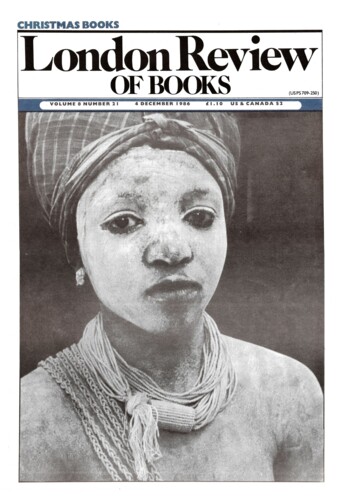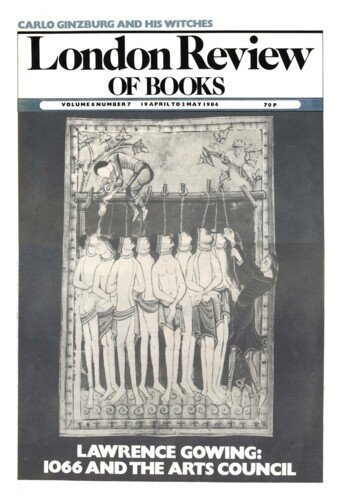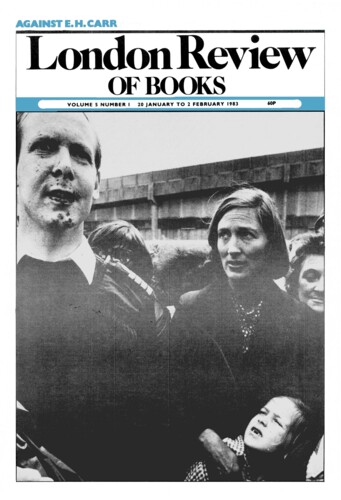Can Gorbachev succeed?
John Barber, 4 December 1986
Where is the Soviet Union going? Despite the many striking changes since the death of Brezhnev in November 1982 and particularly since the election of Mikhail Gorbachev as General Secretary in March 1985, it is still far from clear what their result will be. For all the turnover in the leadership, more extensive than at any time since Stalin’s purges of the late Thirties; for all the attack on corruption, with ministers, Central Committee members, regional party secretaries arrested and punished; for all the drive for discipline, with hard-hitting measures against alcoholism and a squeeze on unearned income; for all the innovations in industrial management, agriculture and foreign trade, it is too soon to tell whether the Soviet system is undergoing radical reconstruction or merely modest improvement.




